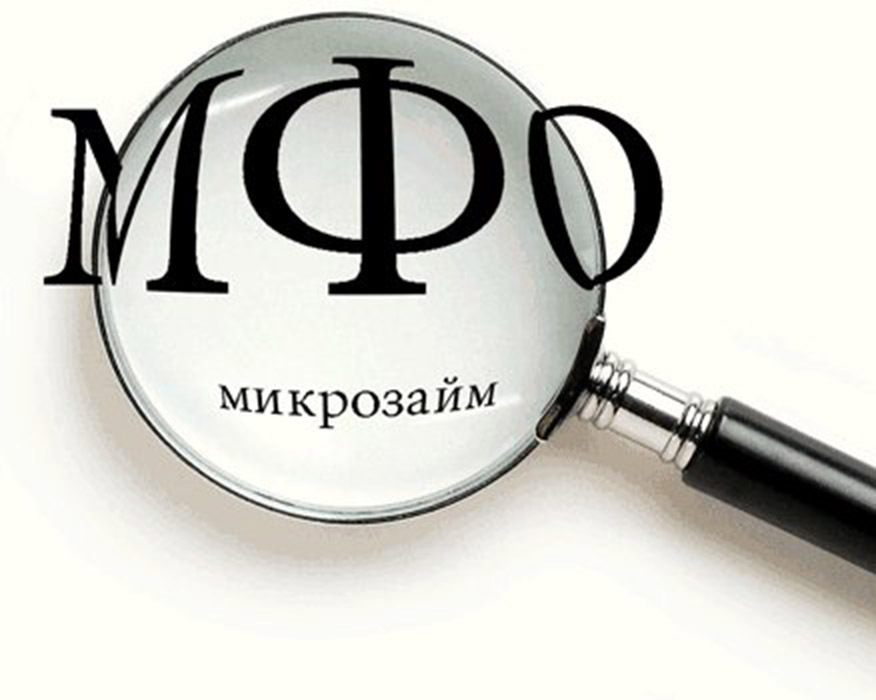The activities of all microfinance subjects are controlled based on the unified principles

In order to implement the instructions of the Head of State, the licensing of microfinance activities has been completed from January 1 to April 1, 2021. Since the beginning of this year, 1012 micro-credit market entities have received licenses, including 593 pawnshops, 205 credit partnerships, 214 microfinance organizations (hereinafter referred to as MFOs), including 20 online lending companies. Licensing provides for strict requirements for shareholders and management of companies, including the availability of sufficient qualifications and the absence of a criminal record.
The Agency continues to work on increasing the transparency of the sector and cleaning the market from unscrupulous participants. Currently, 3,659 micro-credit organizations are in the process of liquidation: 1,761 pawnshops, 1,222 credit partnerships, 676 MFOs, including 7 online lending companies.
In order to limit the excessive growth of microcredit and protect the rights of borrowers, marginal interest rates and the debt burden ratio were introduced and prudential standards for the minimum capital size of microfinance organizations were raised. For operating entities, it is planned to gradually increase the minimum capital values for MFIs from 30 million tenge to 100 million tenge until 2023, for credit partnerships-from 10 million tenge to 50 million tenge, for pawnshops-from 10 million to 70 million tenge. At the same time, newly created organizations must form the authorized and equity capital at the level of increased minimum values.
For the development of micro-loans to entrepreneurs in rural remote areas, 15 new MFIs have been created with the participation of NCE "Atameken" for lending to graduates of the "Bastau Business" project.
In order to increase the transparency and discipline of the microfinance market entities, as well as to tighten the requirements and introduce additional restrictions for MFIs, the Law on the Regulation of Banking, Microfinance and Collection Activities came into force in May 2021.
The law introduces a single legal regime that is mandatory for banks and microfinance organizations to settle overdue debts of citizens on loans. As a result of the introduction of legislative norms, the entire process of problem debt settlement will be reduced by half – from 180 to 90 days.
In order to improve the literacy of the population and prevent them from being misled, the Law introduced the obligation of MFIs to indicate the GESV when distributing and placing advertising. This will allow consumers at the initial stage to objectively assess their capabilities, taking into account the loans they receive, and avoid difficulties with repaying loans in the future. In addition, the requirements for the content, design, and mandatory terms of the agreement on the provision of a micro-loan are established.
In the context of the spread of the remote format of issuing micro-loans, there were facts of Internet fraud. In order to counteract financial fraud related to the illegal acquisition of personal data of citizens for obtaining fictitious loans, the Agency has tightened the requirements for identifying customers. To this end, on April 30 of this year, the Agency adopted a new procedure for identifying customers when issuing micro-loans electronically, which is mandatory for all microfinance organizations. According to the new requirements, the use of one of three methods is now provided for client authentication: an electronic digital signature provided by the national certification authority, biometric identification through the use of the services of the National Bank's IDPC KISC, or two-factor authentication. Issuing micro-loans without identifying the client is prohibited.
At the system level, the Agency is strengthening interagency cooperation with law enforcement agencies to identify fraudulent loans. To do this, the Agency together with the Ministry of Internal Affairs will strengthen the monitoring of fictitious loan transactions, optimize internal algorithms for rapid response to identified facts and develop a mechanism for writing off borrowers ' debts on illegal micro-loans.
These measures will significantly reduce fraud in the issuance of online micro-loans and protect consumers of financial services.